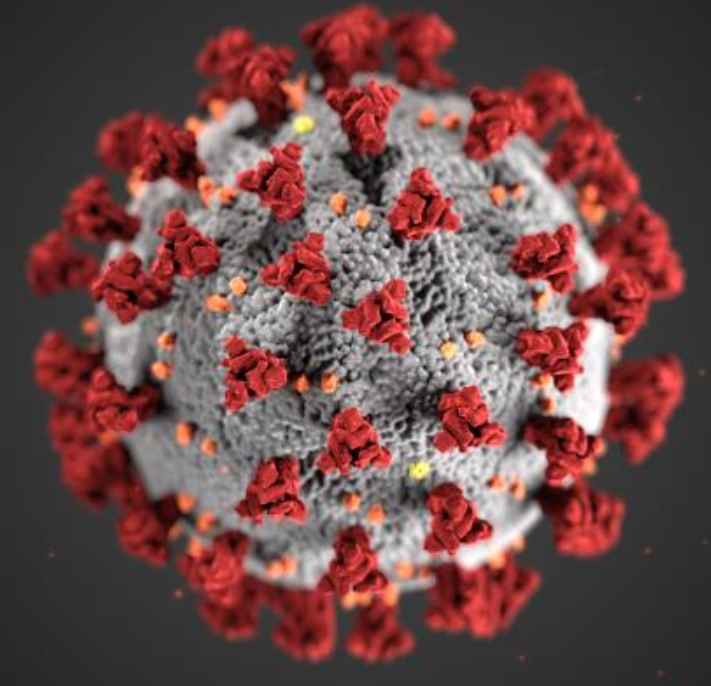In support of NIH efforts to research and mitigate the coronavirus disease 2019 (COVID-19) pandemic, caused by severe acute respiratory syndrome coronavirus 2 (SARS-CoV-2), ORWH recently released its own COVID-19 webpage. The new page provides a wealth of information on COVID-19 and the pandemic, organized into three sections.
Section One: Sex and Gender Considerations in COVID-19 Research. The webpage describes how important NIH policies—such as Consideration of Sex as a Biological Variable (SABV) in NIH-funded Research and Inclusion of Women and Minorities as Subjects in Clinical Research—are informing and shaping coronavirus research. The webpage also discusses how sex and gender inflect the pandemic’s effects on mental health; how the disease affects pregnancy, breastfeeding, and reproductive health; and how sexual and gender minorities face health, economic, and other challenges during the pandemic.
Section Two: NIH Support of Women in STEMM and Biomedical Researchers During the Pandemic. A section of the new webpage explains how NIH is protecting the national investment in biomedical research and fostering the continuity of ongoing research efforts by supporting women in STEMM and biomedical researchers in general. NIH provides up-to-date scientific and procedural information to its grantees and other members of the biomedical research community and continues its support of early-stage researchers. NIH also offers investigators numerous funding opportunities for researching COVID-19, for expanding in-progress research efforts to include COVID-19 considerations, and for studying the pandemic’s effects on careers and the biomedical research community.
Section Three: The NIH-Wide Strategic Plan for COVID-19 Research. The new ORWH webpage also reviews the NIH-Wide Strategic Plan for COVID-19 Research and explains how this plan intersects with ORWH missions, such as supporting interdisciplinary research on understudied, underrepresented, and underreported (U3) populations of women, promoting and disseminating the SABV policy, and improving maternal health and pregnancy outcomes.
You can visit the ORWH COVID-19 webpage here.

